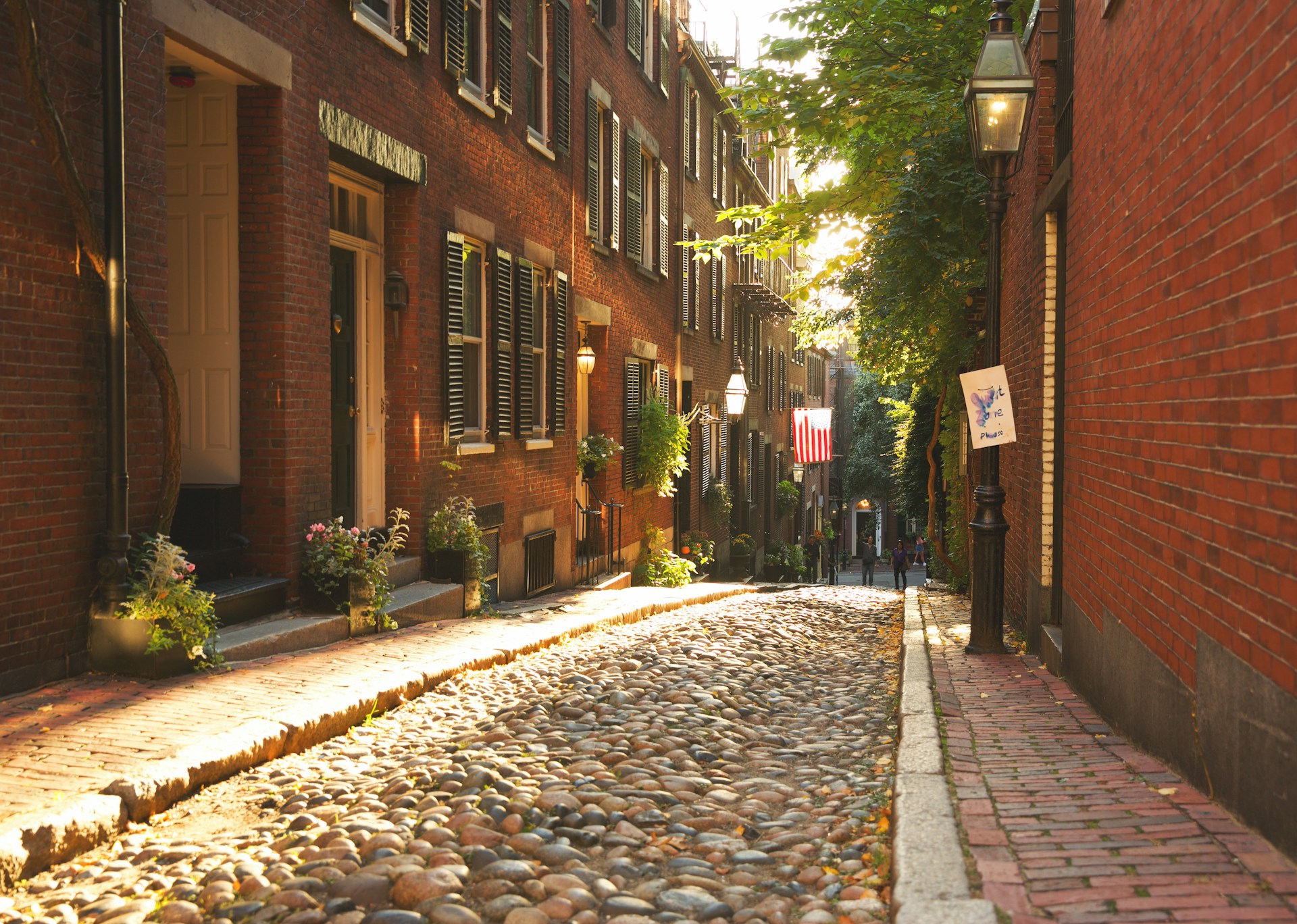Is Boston Real Estate Still a Smart Play in 2025?

Neighborhood Picks, Price Points, and Renovation Hacks for Family & Student Rentals
1. Boston’s 2025 Market in One Glance
Boston is still on every national “watch” list thanks to stable 6% mortgage rates, a resilient job market, and inventory that is finally loosening up after two tight years. City-wide, the median listing price now hovers around $790,000, up 3.9% year-over-year—still high, but the spring spike many feared never materialized. Condo prices actually fell 11.5% in late-2024, giving patient buyers a bit more leverage. In other words, Boston is no longer a pure seller’s market; value plays are possible if you know where to look.
2. Where to Buy—and Where to Pause
| Tier | Neighborhoods | 2025 Median Price | Why It Matters |
|---|---|---|---|
| Premium / Proceed with Caution | Seaport District, Back Bay, Midtown | $1.5M-$2.4M+ | Lifestyle addresses, but thin cap rates and longer days on market (Seaport: 101 days). |
| Up-and-Coming Growth | Dorchester (~$550k), Roxbury ($607k ZHVI), East Boston ($649k), Roslindale & Hyde Park (sub-$600k* per MLS) | Mid-$500s-mid-$600s | Rapid transit upgrades and civic rezoning keep values climbing 3-5% a year. |
| Student-Centric Cash Flow | Allston/Brighton ($572k-$632k), Mission Hill, Fenway | High-$500s | Near Boston University, BC, Northeastern; rents spike every September. |
*Roslindale/HydePark range interpolated from citywide MLS; verify case-by-case.
Neighborhoods to sidestep if you need appreciation—not prestige: BackBay’s median $1.505M and Seaport’s roller-coaster values (-22% YoY in spring 2025) make flips risky unless you have deep capital.
3. Price-to-Rent Math: Do the Yields Pencil Out?
-
Student stronghold Allston now averages $3,204/mo for a 1-bed—97% over the U.S. norm. A $600k condo with 20% down can still clear a 6% gross yield after common charges.
-
Family-oriented Dorchester rents at $2,339/mo for a 1-bed, enough to cover a $550k mortgage if you lock in below 6.25%.
-
Roxbury’s median sale price jumped to $800k this year, but larger triple-deckers work well as 3-unit cash cows when leased by room to graduate students.
Run the rent-to-price ratio; anything above 0.6% monthly (7.2% annually) is solid for Boston.
4. Hidden Costs That Blindside First-Timers
-
Permitting & Inspections – Boston’s building department processed 6,733 residential permits in 2023—down 40%, so reviews are slow. Budget an extra 6–8weeks.
-
Historic Commission Fees – Houses built before 1900 (common in Roxbury and Dorchester) may trigger $300–$1,500 filings.
-
2023 MA Stretch Energy Code – Insulation and HVAC upgrades can add $8–$15/sqft.
-
Transfer (Excise) Tax – 0.456% of sale price, plus Boston’s Community Preservation surcharge.
-
Student-Heavy Turnovers – In Allston, 59days on market is typical when you miss the September 1 leasing window.
5. Renovation Costs—And How to Trim Them
-
Light cosmetic refresh: $120–$150/sqft (paint, refinish floors, new fixtures)
-
Full gut: $250–$400/sqft, depending on building age and lead paint abatement.
Money-saving tactics
-
Bundle trades. Contractors still discount 5–10% for single-scope, whole-unit jobs rather than piecemeal tasks.
-
Target 1970s-1980s stock. These units often need only systems upgrades, not structural work.
-
Pre-plan layouts. Specialized floor plan software like Cedreo lets you knock out a to-scale 3D design in an afternoon so contractors can price labor accurately and slash costly change-orders later.
-
Material warehouses in Revere & Quincy sell surplus maple flooring at up to 40% off retail—ideal for family-friendly rentals.
6. Strategies by Investor Type
Fix-and-Rent (Family)
Focus areas: Dorchester’s SavinHill or Roslindale’s AdamsPark.
Playbook: Add a second bath (adds ~$50k in value), finish the basement under the new energy code, and aim for Section8 or workforce tenants at $2,600–$3,000/month.
Student Pods
Focus areas: Allston west of Harvard Ave., MissionHill streets abutting Longwood Medical.
Playbook: Convert dining rooms into extra bedrooms, install keypad locks, provide Wi-Fi and in-unit laundry. Even with Seaport-level per-square-foot numbers, vacancy risk remains low because Boston’s student population exceeds 150,000.
Long-Term Appreciation
Focus areas: East Boston waterfront near the Suffolk Downs redevelopment.
Playbook: Land-bank a two-family now at ~$650k, rent out both units while the MBTA Blue Line modernization finishes, then condo-convert in 3–5years.
7. Verdict: Still a “Yes,” but with Surgical Precision
Boston is no longer the indiscriminate gold mine it was during the 2021 frenzy. Today’s winners are disciplined buyers who:
-
Stick to sub-$700k neighborhoods with infrastructure upside.
-
Underwrite deals on current 6 % rates, not on future cuts that may never arrive.
-
Use data (and a bit of floor plan software) to keep renovation budgets under control.
Execute on those fundamentals and Boston remains one of the country’s most resilient, education-powered real-estate plays—whether you’re housing families in Dorchester or the next wave of grad-school renters in Allston.
Published 5/12/25